-
•
•
4 responses
Food is a huge issue for Nephi. I’m tempted to add up the verses that account for the eight years between the Valley of Lemuel and Bountiful and divide them by the number of verses speaking about food. Quantitatively and qualitatively, this is the issue—in a way that it isn’t and really could never be for most of us. Read More
-
•
•
42 responses
There’s been quite an uproar the past day or so over announced changes to the missionary program. First up was the Deseret News story, “LDS Church plans to decrease missions; utilize tech savviness to locate religious-minded people.” Added in were more restrictions via interview questions regarding going on a mission. This includes asking more about not only what we’d call mental illness but things like ADHD or Asperger’s Syndrome. We’ve noted here before some of the issues related to the age change of missionaries. These changes definitely show that the Church is rethinking how to do missionary work. That’s a… Read More
-
•
•
2 responses
Would we have the Book of Mormon if Lehi had not ignored Jeremiah’s jeremiad and embraced his dreams? Even so, can you imagine—honestly—forsaking your home and property, putting your wife and children (and grandchildren?) in significant jeopardy over a dream? Read More
-
•
•
7 responses
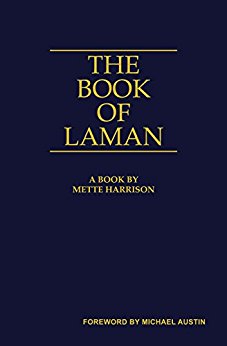
In the Book of Mormon, Laman and Lemuel often come across more as comic book villains more than fully fleshed out characters. As Grant Hardy put it, “In the Book of Mormon, Laman and Lemuel are stock characters, even caricatures.” In her new novel, The Book of Laman (with its cover art a stroke of brilliance), Mette Harrison implicitly poses the question: What might have been going through Laman’s head through all this? What might have led him to act the way he acted? To be clear, this is a work of fiction. Harrison makes no pretense to be doing textual… Read More
-
•
•
66 responses
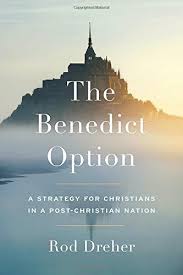
I have heard a lot about Rod Dreher’s The Benedict Option: A Strategy for Christians in a Post-Christian Nation (2017), so I finally got a copy and read it. Short summary: Christian writer figures out Protestants no longer enjoy the benefits of informal religious establishment in the USA and goes into panic mode. Maybe that’s a little unfair, but I doubt that Catholics or Mormons or Buddhists reading the book have much sympathy for the plight of Evangelicals and mainline Protestants who now have to deal with the same church-state and citizenship issues that we have had to deal with… Read More
-
•
•
14 responses

Usually I reveal my ignorance gradually over the course of a blog post, perhaps saving the big reveal for the end. This time I’ll get it out of the way up front. I know how spiritual growth and progress toward engagement with the church at an adult level works in lives more or less like my own: high school graduation and transition to elders quorum or Relief Society, starting college and going on a mission (in roughly that order), finishing college and getting married (in roughly that order), and starting a career and accepting adult church callings. What I don’t… Read More
-
•
•
17 responses
There are times when the androcentric nature of the Book of Mormon is stark and unavoidable. These verses are rough. Read More
-
•
•
32 responses
To me Columbus Day is always really Thanksgiving given where I grew up. The harvest there was quite a bit earlier than in the states. By making it Thanksgiving rather than Columbus Day, Canada largely avoids all the political debate that rages in the United States. As I’ve read the stories about vandalism of Columbus statues along with defenses and attacks on the holiday, I had a few brief thoughts. Read More
-
•
•
“Are We Not All Beggars? Reading Mosiah 4” Cittadella Ospitalità, Assisi, Italy June 17–June 30, 2018 Sponsored by the Mormon Theology Seminar in partnership with The Laura F. Willes Center for Book of Mormon Studies, The Neal A. Maxwell Institute for Religious Scholarship, and the Wheatley Institution In the summer of 2018, the Mormon Theology Seminar, in partnership with the Laura F. Willes Center for Book of Mormon Studies, the Neal A. Maxwell Institute at Brigham Young University, and the Wheatley Institution at Brigham Young University, will sponsor a summer seminar for graduate students and faculty devoted to reading Mosiah 4.… Read More
-
•
•
4 responses
My typical reaction in reading this vision (or, as more often is the case, segments of the vision) and Nephi’s sermonizing and exhortations is to rejoice. This confrontation Nephi has with Laman (et al) pulls me up short, though. Read More
-
•
•
10 responses
For a period of my marriage I harbored resentment toward my husband, unfailingly gentle and hard-working, over questions of housework. It was all utterly typical. I felt my work was unappreciated and invisible to him. I felt I was left with more than my share of the work generated by the kids and the household. I felt resentful that he resented me when I got grumpy. There was little outward conflict between us–chilly silence is more my speed–but I would allow aggrieved accusations to play on repeat in my head as I stomped through my chores. Observing recent conversations, I’ve… Read More
-
•
•
9 responses
Three more quick points: first, the tree is no longer merely metaphorically or symbolically, but now explicitly made to be the Tree of Life. Read More
-
•
•
29 responses
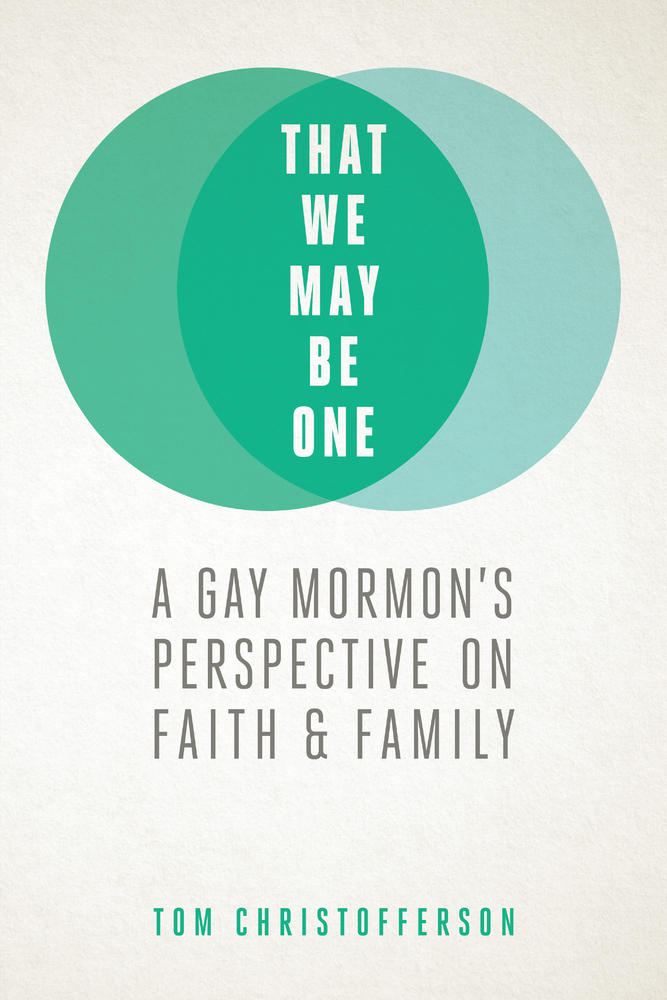
When I was in college, in the early 90s, a friend commented that she wished that gays were better treated in church. Another friend asked what that might look like. She responded that she hoped we’d come to a point where someone could say to a ward member, “Please stop trying to set me up with your daughter—I’m gay,” and that that person would still be welcomed in the ward. Read More
-
•
•
4 responses
Dave managed to finish his review of Perspectives on Mormon Theology before I did. To cut to the chase let me just summarize my judgment of the book first. If you’re at all interested in the implications of scholarly considerations of Mormon history, exegesis, or theology then this is a must read book. Blair Van Dyke and Loyd Ericson did a fantastic job selecting the people to contribute. It has so many disparate viewpoints that nearly every position is considered and discussed. Among some, apologetics has come to have a rather bad reputation. While I doubt this book will change many views,… Read More
-
•
•
14 responses
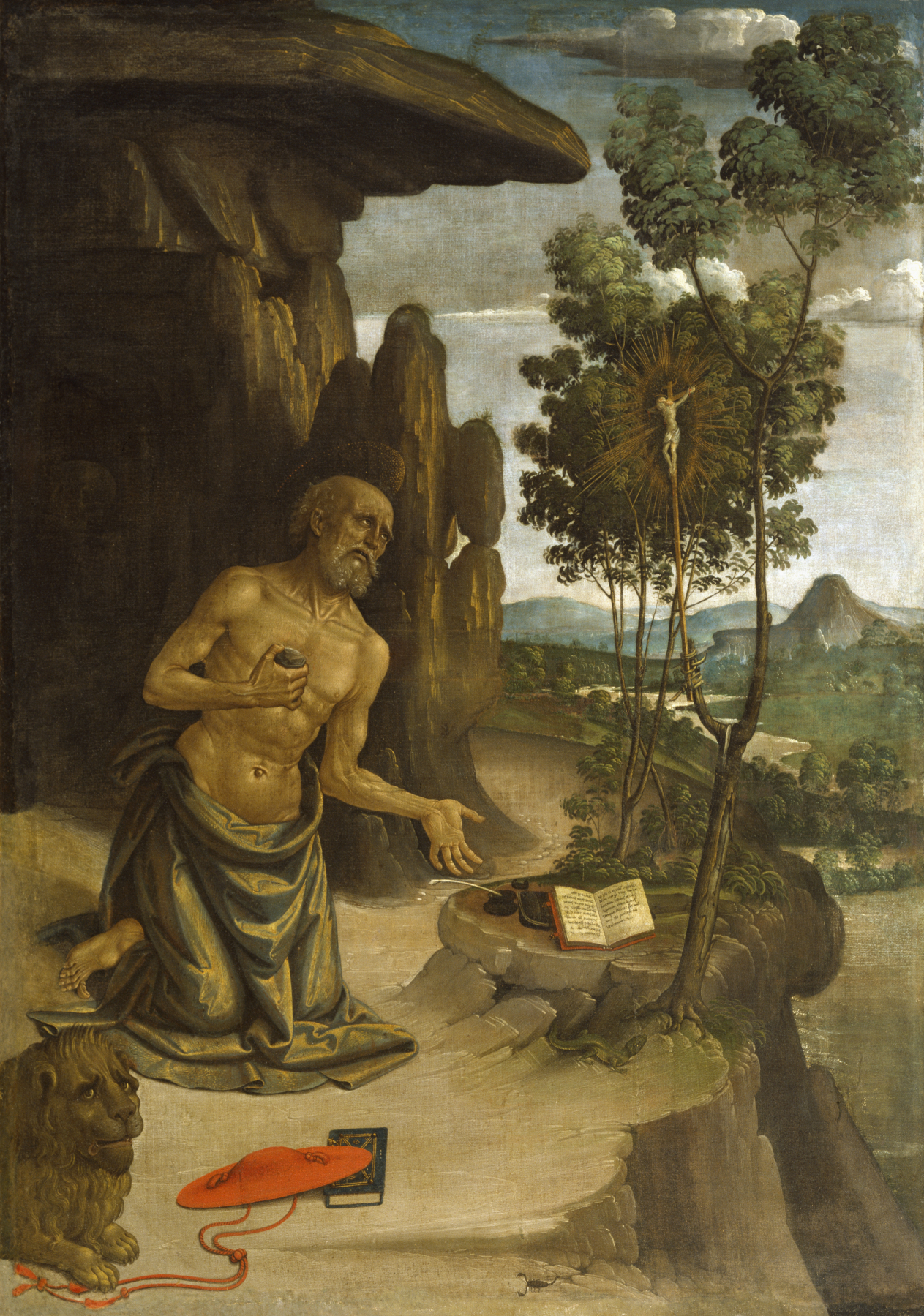
So last week I read The Swerve: How the World Became Modern. It was definitely an interesting book, and one tangent stuck out to me in particular. Here’s author Stephen Greenblatt describing Saint Jerome’s travails with setting aside his addiction to pagan art to try and focus on scripture: But a prestigious cultural tradition that has shaped the inner lives of the elite does not disappear easily, even in those who welcome its burial. In a letter written in 384 CE, Jerome–the scholarly saint to whom we owe the story of Lucretius’ madness and suicide–described an inner struggle. Ten years… Read More
-
•
•
14 responses

This summer, I spent memorable hours in conversation with friends about our discourse of prophets and prophecy in the Church. So many of us have witnessed disillusionment and anguish when friends lose trust in church leadership. Often, a covert message of prophetic infallibility has been conveyed in childhood church experiences, a belief that inevitably crumbles later and erodes faith with it. We asked ourselves, “How do we talk about prophets in a way that provides a sustainable basis for mature faith?” In discussion with friends, I decided that a minor adaptation of a familiar phrase–“Follow the Prophet” becomes “Follow the Prophet… Read More
-
•
•
3 responses
I … see two differenet Nephi’s in this passage, and I’m not sure which is more accurate. Read More
-
•
•
7 responses
I suspect that his brothers’ lack of understanding had less to do with their inability to grasp our simplistic Sunday School summary of the allegory of the olive tree, and much more to do with how culturally and theologically “other” this picture was compared to their own understanding. Read More
-
•
•
11 responses

I’ve written before about Sebastian Franck, a spiritualist who charted his own path through the religious turmoil of the Reformation era. As I was recently reading Franck’s letter to the Anabaptist theologian Johann Campanus, I was struck by how familiar Franck’s discussion of apostasy, authority, and restoration sounded. Read More
-
•
•
30 responses
After a few warm-up posts last month (here, here, and here), it’s time to get serious about apologetics. Greg Kofford Books just published Perspectives on Mormon Theology: Apologetics, edited by Blair G. Van Dyke and Loyd Isao Ericson. The book is a collection of essays by a variety of LDS scholars giving their informed view of the development and current state of Mormon apologetics. Some defend it, some critique it, others offer proposals for a new and improved approach. Three chapters at the center of the volume look at the neglected issue of the role of women in LDS apologetics… Read More
-
•
•
11 responses
There’s been a lot of stories about Church activity in Houston and other places where members have stepped up to help people in the hurricane. You’ve probably seen a lot of stories. I’ve even linked to a lot myself. I’ll admit I’ve always been a bit uncomfortable with these stories though. There’s something a bit unseemly about stories that are us telling ourselves how great a job we’re doing. It’s that sense that if you’re doing charity for praise, you’re doing it wrong. “But when thou doest alms, let not thy left hand know what thy right hand doeth” (Matt… Read More
-
•
•
6 responses
I think we see here an Abrahamic trial. Read More
-
•
•
26 responses
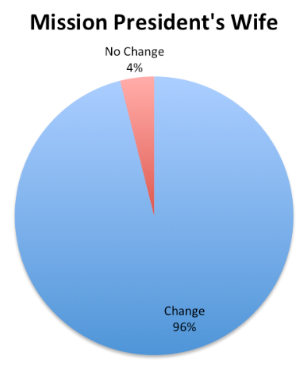
Last year, Cassler and McBaine published results of their survey on “the Naming of Women’s Positions and Organizations in the LDS Church.” Around 400 survey respondents who self-identified as LDS women answered questions about whether or not they would change the names of various women’s roles and groups, including the Young Women’s groups (Beehives, Mia Maids, and Laurels), the term “auxiliaries” (used for Relief Society, Young Women, and Primary), bishops’ wives, and mission presidents’ wives. It’s an interesting survey, with lots of expressed desire for change. (And yes, I’m aware that the people who participate in an online poll are… Read More
-
•
•
12 responses
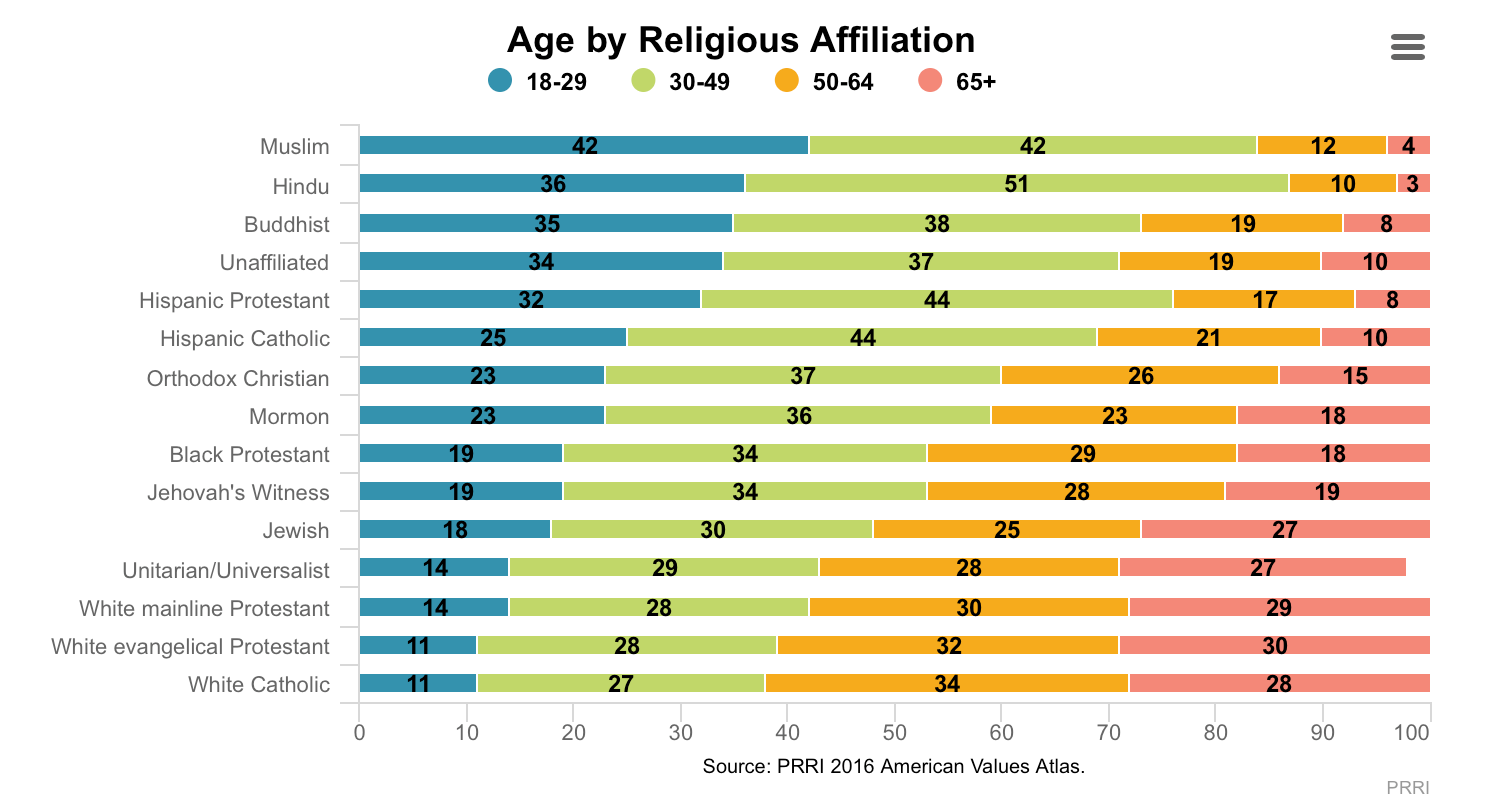
I love religion polls and surveys. I think they tell us a lot about what has been a rather transformative period in American religion the past 20 years. While I’m still eagerly awaiting the next ARIS survey, PRRI came out with a new religious study to wet our appetite. There actually were a lot of surprises in this poll. Read More
-
•
•
54 responses
More contrasts between Nephi and his brothers—although this passage strikes me as less political…and more intimate and personal. Read More
-
•
•
9 responses
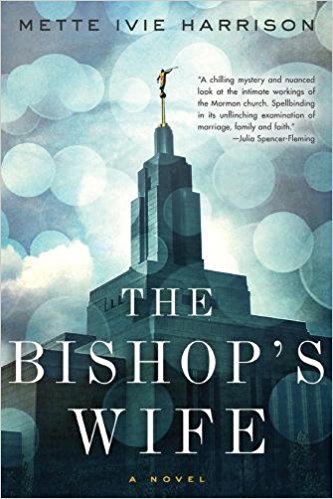
A good Mormon mystery Novels — particularly good ones — convey a sense of place. This is absolutely true of mystery novels, from Kwei Quartey’s police detective in Ghana to Alexander McCall Smith’s private detective in Botswana. But how much do we really about a place or a culture from a work of fiction? I recently listened to the audiobook of Mette Ivie Harrison’s first mystery novel, The Bishop’s Wife. (There are currently three mysteries in the series.) Here’s the quick: I couldn’t stop listening. Harrison has crafted a page-turner. Early one morning, a man turns up at the home… Read More
-
•
•
7 responses
The end of the narrative of Nephi’s grand vision is to point beyond the vision and beyond Nephi. Read More
-
•
•
17 responses
This month’s Primary Sharing Time outline provides two weeks to cover the topic of the Sabbath. Because our presidency covered the topic well last week, I’ve created an alternate Sharing Time lesson plan. Given recent events in the US, I focused the lesson on respect for human difference and universal equality. The lesson draws on scriptures, topics, and techniques included throughout the yearly Sharing Time curriculum, bringing them together into a single lesson to underscore the importance of Christ-like love. The lesson reflects my limited North American perspective in its language, techniques, and assumptions, but I hope Primary presidencies around… Read More
-
•
•
2 responses
Welcome to the fourth week of the reading club for Adam Miller’s Future Mormon. For general links related to the book along with links for all the chapter discussions please go to our overview page. We’ll be trying to discuss a chapter each week. Please don’t hesitate to give your thoughts on the chapter. We’re hoping for a good thoroughgoing critical engagement with the text. Such criticisms aren’t treating the text as bad or flawed so much as trying to engage with the ideas Adam brings up. Hopefully people will push back on such criticism as that’s when we tend to all… Read More
-
•
•
10 responses
I attended a local Tedx evening earlier this week. One talk critiqued the “cult of happiness” that is fostered by social media posts. Everyone posts the great or good things about their life, complete with carefully cropped photos (the trip to Italy, the great new job, lost 10 pounds) but almost everyone conveniently edits out the bad things (can’t pay the bills, relationship problems, actually gained 15 pounds). So most readers think everyone else is doing great and they, knowing all their own bad stuff even if they don’t post it, feel like a loser. The suggestion seems to be… Read More
